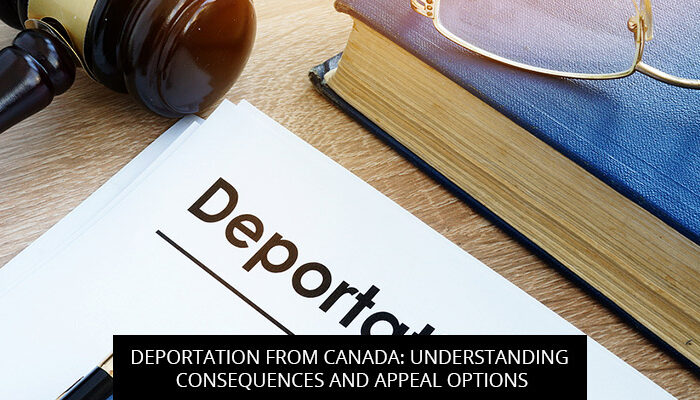
Sometimes, your will is viewed as your final words to your loved ones. You might choose to prepare specific gifts for the people you value the most or who have supported you throughout your life. However, just as in life, you must ensure that you can afford or are able to make these presents after your passing.
Often, one wants to leave some mark of love to a family member or friend, like a cherished artwork you have. Alternatively, you may want to give them something more lavish, like your entire bank or investment account.
When determining whether to leave a specific asset to a beneficiary, you must think about what would happen if you didn’t truly possess that asset at the time of your death.
The existence of a gift alone is not a sufficient condition for the passing of it to your desired beneficiary. The question here arises do you genuinely own the asset you want to donate?
For example, what if the bank account you are going to gift to a beneficiary is owned jointly with someone and possesses the right of survivorship? When an account is held together, the right of survivorship ultimately authorizes the co-owner to inherit the account.
Suppose that the asset is not owned in your name directly but rather through a business or trust. The ability to leave a legitimate gift may then require special language or procedures.
In order to avoid this issue, some people might choose to leave cash to their desired beneficiary. Distribution of cash legacies is also not free of problems as the number of cash bequests is also taken into account. Even though one gift to a friend may not appear to be a lot of money, if you have many friends and leave behind multiple monetary gifts, the total can add up very quickly!
In that case, “abatement” occurs when there is not enough money in the estate to cover all bequests; this means that the gifts stipulated in the will are scaled back to cover the deficit. Gifts are reduced in the following order: the balance of the estate; general gifts (such as a bequest of money); any specified or expressive donations that aren’t gifts of real estate; and any specified gifts of real estate.
Get In Touch With Us!
The attorneys at Ayaz Mehdi Professional Corporation are available to provide up-to-date legal assistance in estate planning matters within the parameters of governing laws.
Disclaimer: Kindly note that sending or receiving information through this site does not establish a solicitor-client relationship. Legal matters are fact-specific, and the law is variably changing. The views expressed and the content provided on this blog are general guidelines and cannot substitute for proper legal advice. Schedule your legal consultation by clicking here: Let’s meet!






